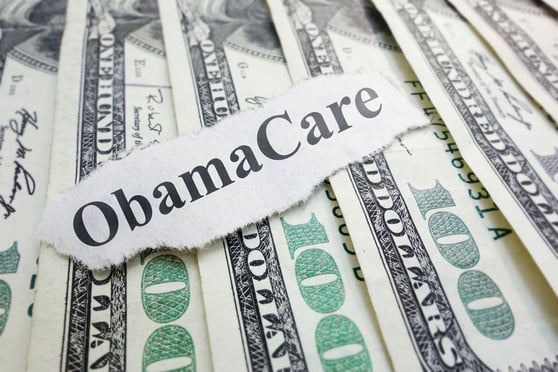Seniors take more time shopping for groceries and even theirinternet services than they do for their Medicarecoverage, according to the report, “The cost of complacency:Are seniors at risk when it comes to healthcare coverage?”commissioned by WellCare Health Plans Inc.
|“In spite of seniors claiming health care costs are mostburdensome, they are more likely to take steps to find the bestdeal with other, less burdensome expenses,” the authors write.“Seniors may be at financial risk by not reviewing their Medicareplan and coverage annually.”
|Related: Consumers lacking information to lower health carecosts
|For WellCare’s report, Kelton Global conducted a survey of1,026 adults ages 65 and over, and found that more seniorscomparison shop to save money for groceries (54 percent),homeowners/automotive insurance (45 percent) or gas (44percent) than their Medicare plan (33 percent). Only 38 percentreview their Medicare plan annually to find the best deal, whilemore seniors annually review their homeowners/automotive insurance(46 percent) or cable/internet plan (44 percent).
|Indeed, nearly one in four (23 percent) describe reviewing their Medicare plan annually as amongthe top two most unpleasant things, including getting acolonoscopy.
|“Some do not re-evaluate because they claim their current planmeets their needs; others feel frustrated with the process anddon’t look forward to reviewing it,” the authors write. “But notreassessing their coverage annually may cause many to lose out onthe best deals available to them.”
|While men are more likely than women (28 percent vs. 19 percent)to feel shopping for a Medicare plan is “a walk in the park,” womenare more likely (22 percent vs. 17 percent) to view it as “an awfulexperience.” Their negative feelings may also be tied to the cost:Women are more likely than men (44 percent vs. 35 percent) to findhealthcare expenses to be burdensome.
|“The biggest risk for seniors is the tendency to look in therearview mirror when it comes to their health, instead of lookingat the road ahead,” saysBart Astor, eldercare expert and author ofthe book, “AARP Roadmap for the Rest of Your Life.”
|“Many seniors are either coming into Medicare with more healthconditions than previous generations, or are likely to experience achange in their health status in the coming year,” Astor says.“With most Medicare plans changing from year to year, seniorsmay be putting their savings at risk by relying on their pastrather than planning to protect their future, a decision that couldpresent a prescription for disaster.”
|He cites statistics from the Kaiser Family Foundation, whichshow that out-of-pocket expenses for health care accelerate withage, and the percentage of healthcare spending doubles from age 65– 69 to age 70-79 – even though 63 percent of respondents say theydon’t review their Medicare plan for the best deal because theywere satisfied with the plan they were on previously.
|“The emergence of a new epidemic among seniors – an epidemic ofapathy when it comes to Medicare coverage - could have asignificant impact on the financial health of seniors,"says Michael Polen, WellCare's executive vice president,Medicare and operations.
|“There are numerous benefits beyond just cost, network andformulary that play a critical role in seniors' care, includingrehabilitation services, diagnostic services and care for peopleexperiencing cognitive and neurological decline, all of which areexperiencing an increase in demand, but that aren't necessarilyfully covered by traditional Medicare,” Polen says.
|Despite the difficulties they encounter in reviewing theircoverage, most seniors (57 percent) choose to review their plan bythemselves rather than seek out help.
|“There are numerous ancillary services -- for example, 24-hourassistance lines and local help centers with trained professionals-- that can help seniors through the process, whether they want towork through it themselves, or if they choose to do so with help,”says Astor.
|“Regardless of the method, there's still time, and it’s criticalthat, in the current environment, seniors take steps to assess thestate of traditional Medicare, the changes that have occurred toMedicare Advantage, and be honest with themselves about preparingfor their needs,” he says.
Complete your profile to continue reading and get FREE access to BenefitsPRO, part of your ALM digital membership.
Your access to unlimited BenefitsPRO content isn’t changing.
Once you are an ALM digital member, you’ll receive:
- Critical BenefitsPRO information including cutting edge post-reform success strategies, access to educational webcasts and videos, resources from industry leaders, and informative Newsletters.
- Exclusive discounts on ALM, BenefitsPRO magazine and BenefitsPRO.com events
- Access to other award-winning ALM websites including ThinkAdvisor.com and Law.com
Already have an account? Sign In
© 2024 ALM Global, LLC, All Rights Reserved. Request academic re-use from www.copyright.com. All other uses, submit a request to [email protected]. For more information visit Asset & Logo Licensing.








